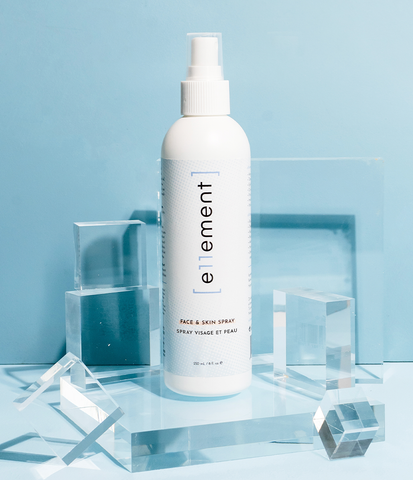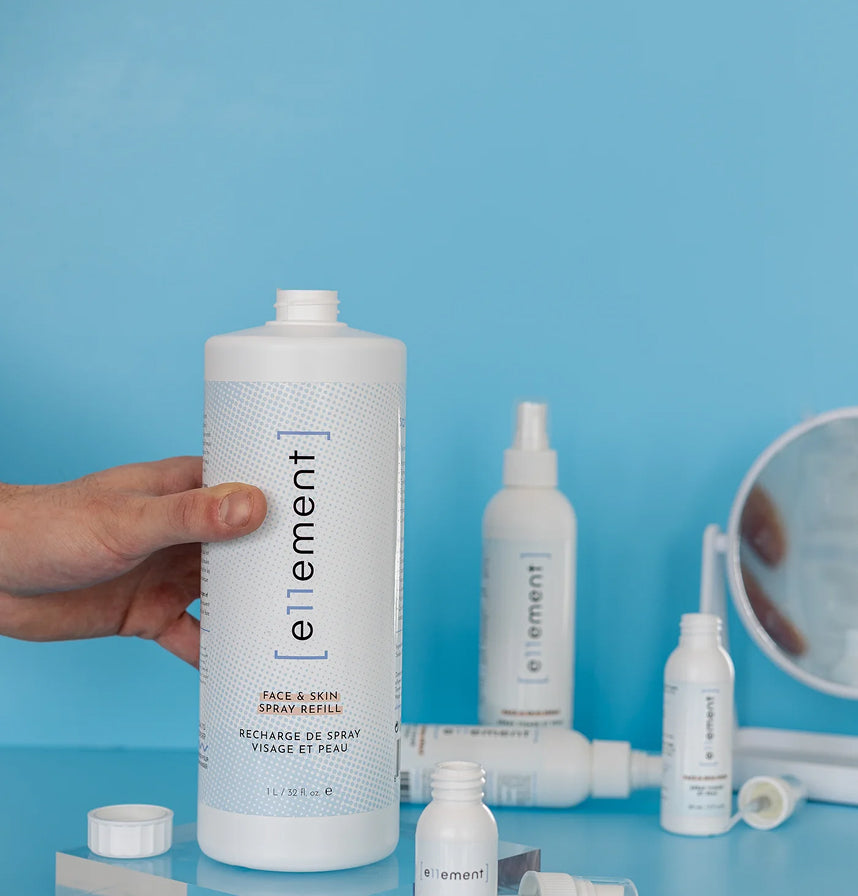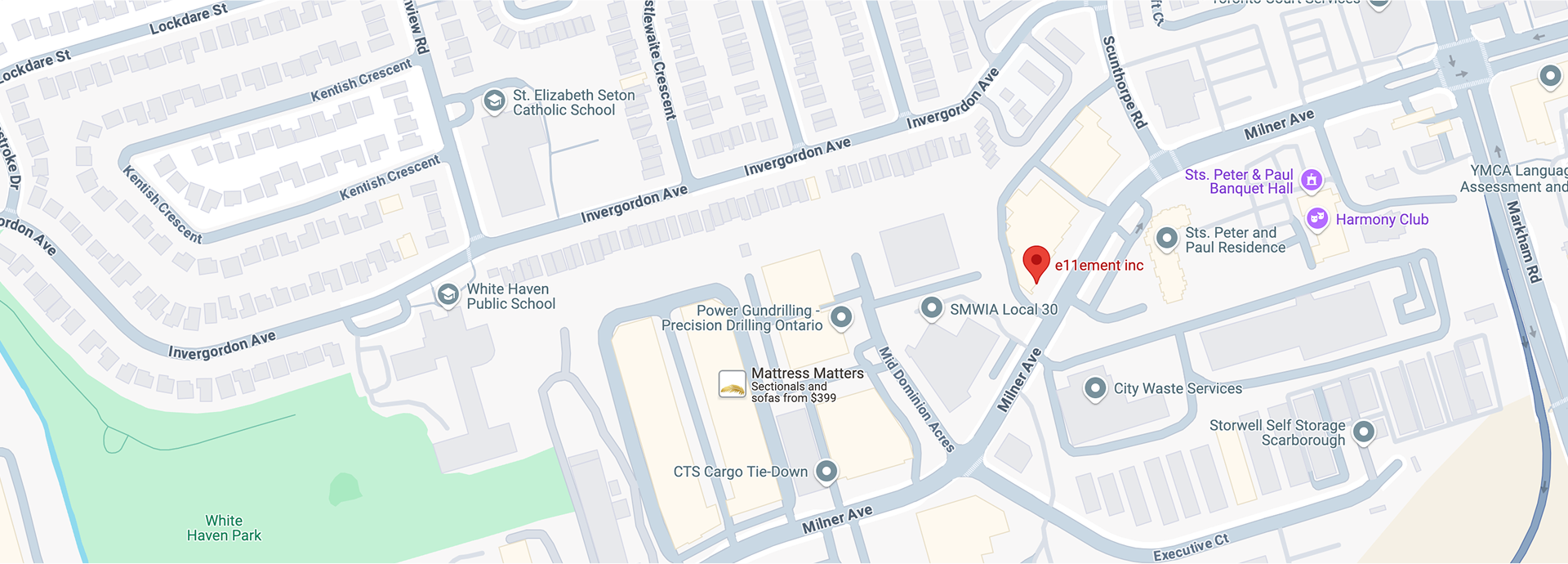Eczema, or atopic dermatitis, is a chronic skin condition that causes inflammation, redness, and itching. Managing eczema often requires a comprehensive approach, combining lifestyle changes, proper hydration, and a targeted skincare routine. One emerging ingredient that shows promise in eczema care is hypochlorous acid (HOCl).
This article explores how hypochlorous acid can help alleviate eczema symptoms, its role in a skincare routine, and the benefits it offers for maintaining skin health.

What Is Hypochlorous Acid?
Understanding the Basics of Hypochlorous Acid
Hypochlorous acid is a naturally occurring molecule produced by white blood cells as part of the immune system. It acts as a powerful antimicrobial agent, helping the body fight bacteria, viruses, and fungi. In skincare, it is used in topical formulations due to its gentle yet effective properties.
How Hypochlorous Acid Helps Manage Eczema Symptoms
Anti-Inflammatory Benefits
Inflammation is a key feature of eczema. Hypochlorous acid helps reduce inflammation by neutralizing free radicals and calming irritated skin. This makes it an excellent addition to eczema management.
Soothing Itch and Redness
Eczema flare-ups are often accompanied by itching and redness. Hypochlorous acid soothes these symptoms by maintaining the skin’s natural balance and reducing irritation without causing further damage.
Fighting Infection
Skin affected by eczema is prone to bacterial and fungal infections due to compromised barriers. Hypochlorous acid’s antimicrobial properties help protect against infections, promoting faster healing.
Incorporating Hypochlorous Acid into Your Skincare Routine
Choosing the Right Product
When selecting a hypochlorous acid product, opt for formulations specifically designed for sensitive skin. Look for sprays or gels with a concentration safe for topical application, and ensure the product is free from harsh chemicals or added fragrances.
How to Apply
- Cleanse Your Skin: Use a gentle, fragrance-free cleanser to remove dirt and debris.
- Spray or Dab Hypochlorous Acid: Apply the solution directly to affected areas or as an all-over mist. Avoid rubbing the skin to prevent irritation.
- Moisturize: Follow up with an emollient or eczema-specific moisturizer to lock in hydration.
Frequency of Use
For optimal results, use hypochlorous acid 2–3 times daily during flare-ups. Regular use can help maintain the skin’s health and prevent future episodes.
Benefits of Adding Hypochlorous Acid to Your Skincare Routine
Gentle on Sensitive Skin
Hypochlorous acid is non-toxic and suitable for all skin types, including those with severe sensitivities. Its gentle nature ensures it does not disrupt the skin barrier.
Versatility in Skincare
In addition to eczema care, hypochlorous acid can be used for other skin concerns, such as acne, minor wounds, and irritation caused by environmental factors.
Boosting Skin’s Natural Defenses
By mimicking the body’s natural immune response, hypochlorous acid strengthens the skin’s defense mechanism, making it more resilient over time.
Other Tips for Managing Eczema
Maintain a Proper Skincare Routine
- Moisturize Regularly: Apply a thick moisturizer immediately after bathing to seal in moisture.
- Use Lukewarm Water: Hot water can strip natural oils and worsen dryness.
- Avoid Harsh Products: Stick to fragrance-free and hypoallergenic skincare products.
Stay Hydrated
Drink plenty of water to keep your skin hydrated from within. Proper hydration can help reduce the severity of eczema symptoms.
Diet and Lifestyle Adjustments
Certain foods and stress levels can trigger eczema. Identifying and managing these triggers is crucial for long-term relief.
Conclusion
Hypochlorous acid is a promising solution for managing eczema symptoms, offering anti-inflammatory, soothing, and antimicrobial benefits. Incorporating it into your skincare routine can help you maintain healthy, resilient skin. Remember, consistency is key, and pairing hypochlorous acid with a tailored skincare routine can yield the best results.
By understanding how hypochlorous acid helps manage eczema symptoms and applying this knowledge to your daily routine, you can take a proactive step toward healthier skin.























